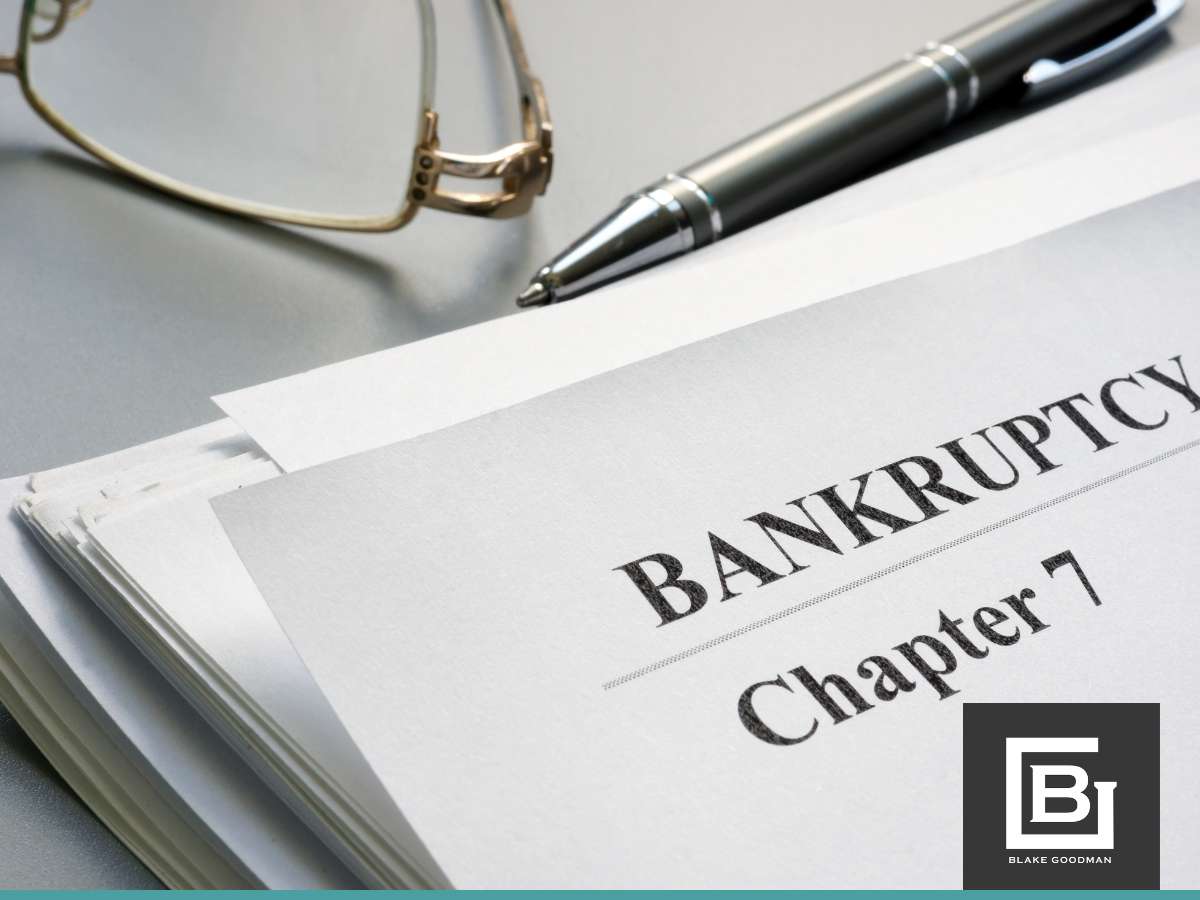HSA & MSA Funds in Chapter 7 Bankruptcy: Exemptions, Implications, and Strategies
If you are considering filing for a Chapter 7 bankruptcy but have a health savings account (HSA) or a medical savings account (MSA), you may be wondering whether you’ll be able to keep those funds after you’ve filed.
With an HSA, you can set aside pre-tax money from your paycheck that can be used for a wide variety of health-related purchases and expenses. An MSA is similar, but specifically for members of a Medicare Advantage plan for use in combination with a high-deductible health insurance plan. Although MSA plans are considered obsolete and members cannot add new funds to their accounts, there are still many people who have MSAs with funds they have not yet used.
For both accounts, individuals may have a significant amount of money put aside for health expenses and then find themselves facing overwhelming debt. Unfortunately, HSA and MSA funds can only be used for approved medical expenses and may not be removed from the account in order to pay debt. This can leave families in challenging situations where they have funds they cannot access for other needs. Filing for bankruptcy may be an effective way to eliminate credit card debt, past due rent and utility bills, and other types of unsecured debt, but what will happen to your HSA or MSA funds?



Can Chapter 7 Bankruptcy Help Me Get Out of Debt?
Chapter 7 bankruptcy provides a fast, straightforward way for lower-income families to receive discharge of eligible debts, which include credit card debt, medical bills, past due rent, overdue utility bills, and more. After the initial filing, a bankruptcy trustee will be assigned to the case, who will determine in accordance with state and federal law which assets are part of the filer’s bankruptcy estate.
Both state and federal laws offer specific protections, called “exemptions,” to property and assets that are owned by the debtor. This generally includes their primary home and vehicle, personal possessions, bank accounts, retirement accounts, and more, within certain values and parameters. Your bankruptcy attorney can help you understand which assets will be exempt from bankruptcy proceedings and how to best protect what you own.
Nonexempt assets will be sold by the bankruptcy trustee to pay creditors. The remaining balances will be forgiven once the bankruptcy process is complete, usually about four months after filing.
Are HSA & MSA Funds Part of the Bankruptcy Estate?
Generally, whether you’ll be able to keep funds in your HSA or MSA will depend on specific factors:
- Whether the court views those funds as part of your bankruptcy estate
- Whether your state laws specifically exempt those funds
- Whether your state has a wildcard exemption that is best applied toward those funds
Consulting with a zero-down bankruptcy lawyer is the best way to obtain specific information regarding your state’s laws and how best to utilize exemptions to your advantage when filing for Chapter 7 bankruptcy.
Managing HSA & MSA Accounts During Chapter 7 Bankruptcy
When you file for a Chapter 7 bankruptcy and begin the bankruptcy process, the income and assets that you own will become part of your bankruptcy estate. Some assets and accounts are exempt from this, but you can generally expect that your HSA or MSA funds will be included in your bankruptcy estate. When you file for a Chapter 7 bankruptcy, the bankruptcy trustee who is assigned to your case will administer the property at their discretion in accordance with federal and state bankruptcy laws.
Navigating Asset Exemptions in Hawaii’s Bankruptcy Laws: Protecting Your HSA & MSA Funds
Even when property, accounts, and assets are part of your bankruptcy estate, you may be able to keep them and protect them from seizure if they are exempt. In Hawaii, individuals who file for bankruptcy can utilize either the federal or the state exemption system. However, they have to choose one system and cannot mix and match from both. Which set of exemptions is better for you will depend on what type of assets you have.
Neither federal bankruptcy exemptions or Hawaii state exemptions specifically protect HSA and MSA funds during bankruptcy. Although some states offer a “wildcard” exemption which can be used to protect an asset of the debtor’s choice, Hawaii does not offer this exemption. Using your HSA funds prior to filing for bankruptcy may be an option that prevents you from losing the funds to the bankruptcy process.
It’s best to consult with an experienced Chapter 7 bankruptcy lawyer who fully understands federal and state exemptions and can guide you through the process. Blake Goodman, P.C. can help you choose an exemption system and best protect your assets so that you can use your Chapter 7 bankruptcy to your maximum advantage. Contact us today!
This article is provided courtesy of My AZ Lawyers, a leading zero-down bankruptcy firm in Arizona that offers affordable bankruptcy advice for individuals seeking financial solutions.